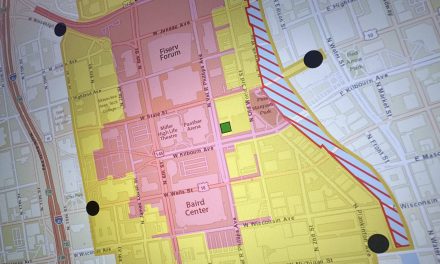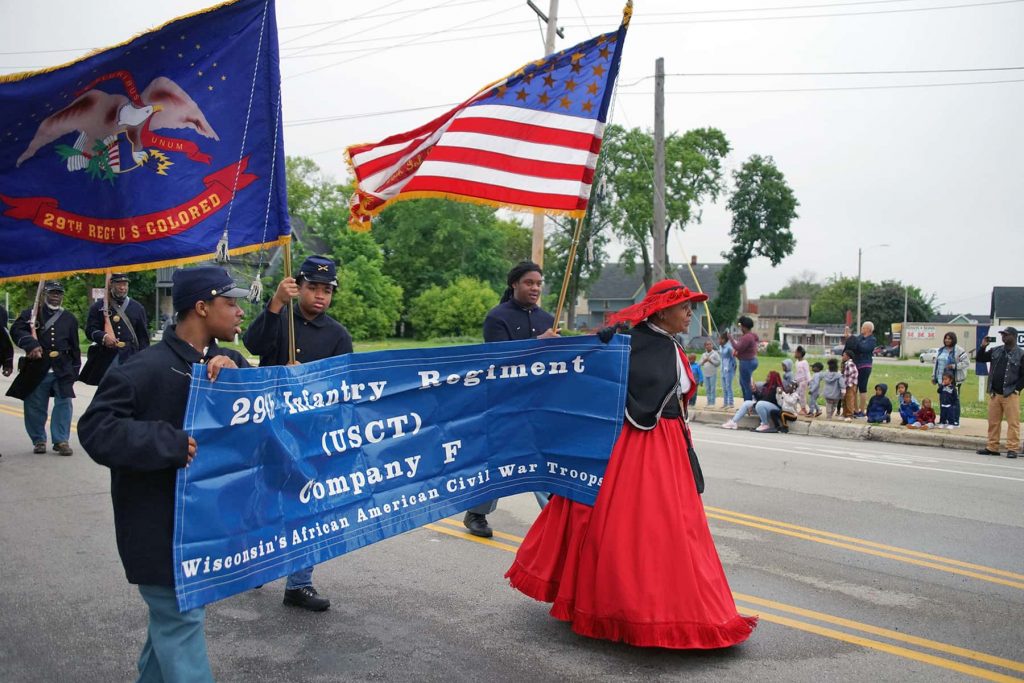
Governor Tony Evers, together with the Wisconsin Department of Workforce Development (DWD), announced $20 million in grant awards to 11 regions in Wisconsin on November 16.
The Worker Advancement Initiative was designed to help more than 2,300 Wisconsinites. It was proposed earlier this year and funded by the American Rescue Plan Act (ARPA). The project will serve Wisconsinites whose previous employment has not come back since the pandemic, as well as those who were not attached to or were not successful in the labor market prior to the pandemic, by offering subsidized employment and skills training opportunities with local employers.
“We’re working hard to make sure Wisconsin rebounds and recovers from the pandemic, but we know part of that work is ensuring workers, families, and communities are bouncing back with us,” said Governor Evers. “Whether through job training or providing quality childcare, affordable housing, or accessible transportation, our workforce innovation funds will support folks working to overcome challenges specific to their community and their family and help get workers back in the workforce so we can ensure our state’s economic recovery.”
DWD will administer the program through the local workforce development boards in partnership with community-based organizations to provide subsidized employment and skills training opportunities to participants, including a focus on those who will be co-enrolled in Workforce Innovation and Opportunity Act programs.
“We are very excited to be working closely with the local workforce development boards that serve every region of Wisconsin,” said Amy Pechacek, DWD Secretary-designee. “This $20 million investment will allow us to effectuate change at a local level that will help people most affected by the COVID-19 pandemic.”
DWD received a proposal submission for the Worker Advancement Initiative grants from each of the 11 boards. Each grant award will be conducted during a two-year grant cycle.
Southeastern Wisconsin Workforce Development Board (SE WI WDB) – Racine, Kenosha, and Walworth counties: DWD awarded $487,464 in grant funding to serve 150 participants.
SE WI WDB will provide Computer Numeric Controlled (CNC) machinist training in small cohorts through Gateway Technical College’s iMet Center. Participation in these training programs will be subsidized with a stipend, paid hourly for each hour of participation. Multiple employers have provided Letters of Support indicating their intent to be involved with the training cohorts and extend subsidized or unsubsidized offers of employment to program graduates.
Employ Milwaukee, Inc. (EMI) – Milwaukee County: DWD awarded $5,255,005 in grant funding to serve 500 participants.
EMI is launching Skillful Transitions Program, which will provide individualized assessment of skills, experience, and job readiness. The program will be coupled with CareerWork$ job readiness training and paid work experience (transitional jobs/on-the-job training). The Skillful Transitions Program will conduct targeted, specialized outreach to justice-involved individuals, veterans, homeless individuals, individuals with limited English language proficiency, individuals with disabilities, LGBTQ individuals, human trafficking survivors, and other traditionally underserved populations through partnerships with various state, county, and local government agencies, community-based organizations, and faith-based institutions.
EMI will also leverage existing ties with the business community to establish work site host locations in the targeted industries of Construction, Hospitality, Healthcare, Financial Services, Manufacturing, Information Technology, and Transportation/Logistics. In addition to traditional supportive services (childcare assistance, transportation assistance, exam fees, work-related equipment, and worker stipends), EMI will partner with existing not-for-profit organizations to provide access to technology and connectivity.
Waukesha-Ozaukee-Washington Workforce Development Board (WOW WDB): DWD awarded $1,188,512 in grant funding to serve 120 participants.
WOW WDB will offer traditional career services and supportive services in conjunction with incentivized paid work experiences or on-the-job training programs. They will expand eligibility by serving individuals ages 17 and older who have no work history or have a demonstrated pattern of limited or poor work history with no additional eligibility criteria or income limitations.
Clients served will benefit from a continuum of services, including: paid work experience opportunities to develop and/or enhance job skills (wage subsidies); hard and soft-skill training so participants can acquire occupational skills connected to in-demand jobs along with critical work-based skills needed to succeed; on-the-job training opportunities that will lead to economic self-sufficiency; and supportive services to address related barriers to employment, which may include assistance for childcare, housing, transportation, and worker stipends.

















